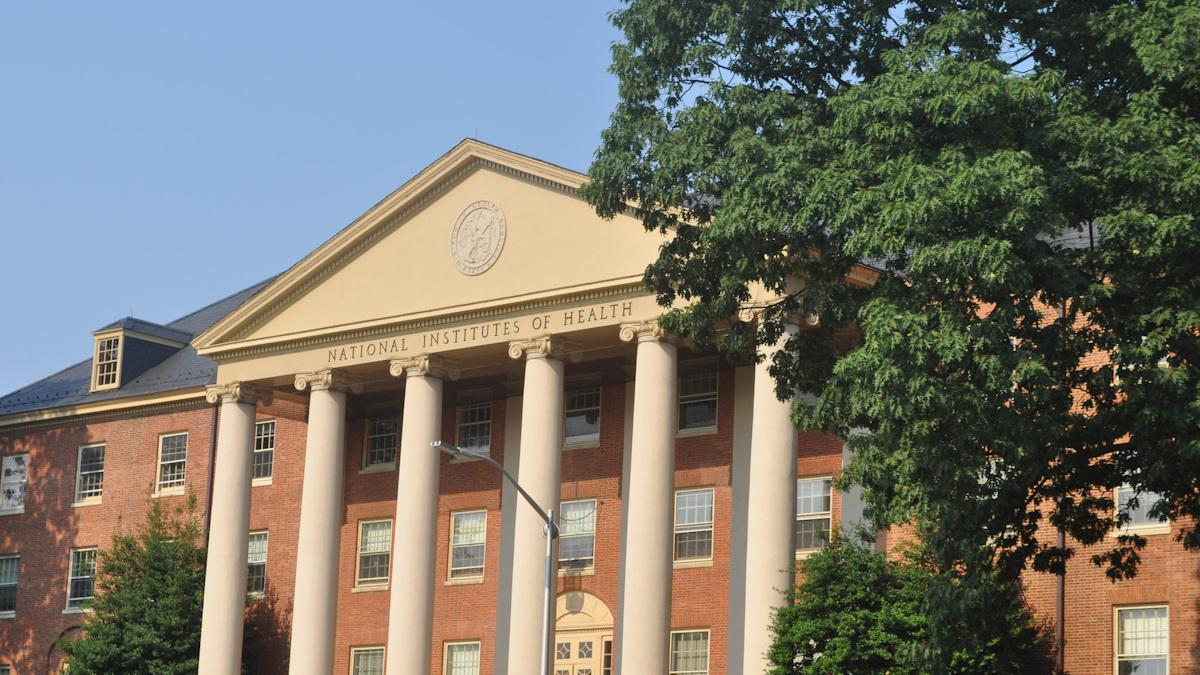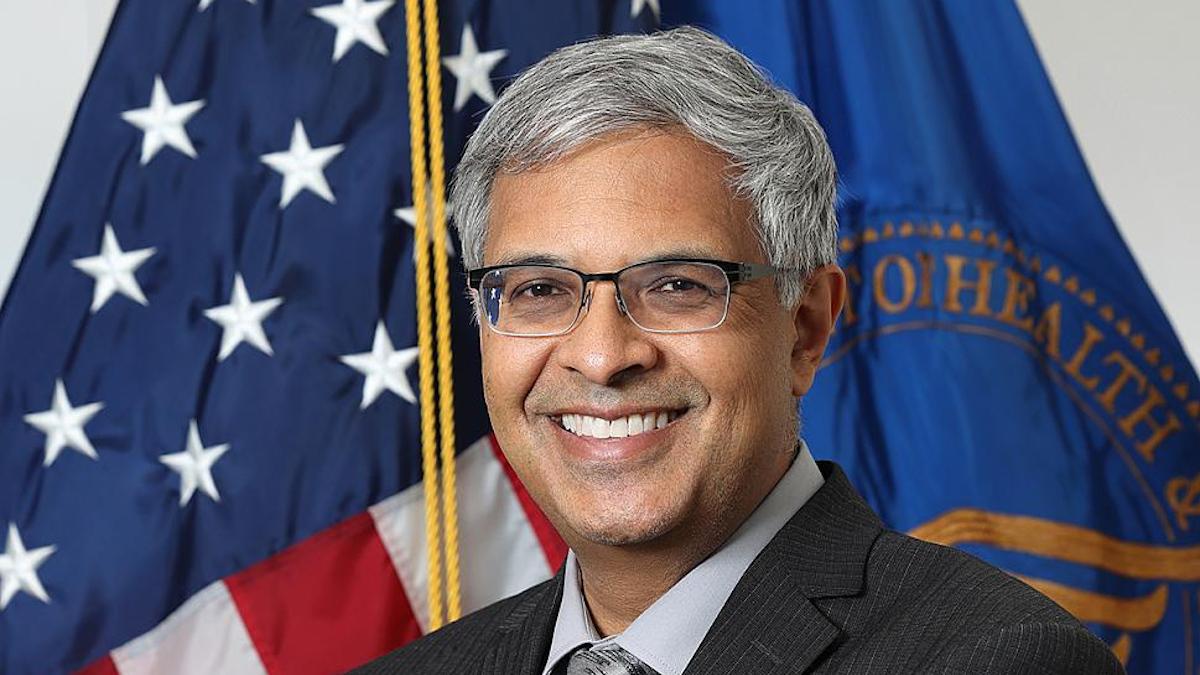US government appeals after judge blocks NIH funding cap

The Department of Health and Human Services (HHS) has said it will appeal a decision by a federal judge to impose a permanent injunction on big cuts to indirect funding for medical research awarded by the NIH sought by the Trump administration.
In February, US District Judge Angel Kelley agreed to impose a temporary restraining order after lawsuits were brought by Democrat attorneys general in 22 states in a federal court in Boston, and has now upgraded that to a permanent injunction.
A notice posted by the NIH in February said the agency would slash its funding of indirect costs borne by research teams at universities, hospitals and other scientific institutions – such as maintaining buildings and equipment and paying for administrative personnel – from a base of almost 30% to 15%.
The three lawsuits were brought by the states as well as various NIH-funded researchers and scientific and consumer advocacy organisations, and argued that the NIH and HHS had failed to follow proper procedure when cancelling research grants.
They also contend that high-level research requires funds not just for the costs that can be directly attributed to a particular project, but also the indirect costs that support multiple projects and, without them, many are unable to go ahead.
In her order, Judge Kelley concluded that the action was "arbitrary and capricious, failed to follow notice-and-comment procedures, and was impermissibly retroactive."
The notice of appeal, filed on behalf of new NIH Director Jay Bhattacharya and HHS Secretary Robert F Kennedy Jr, is asking that the case be elevated to The US Court of Appeals for the First Circuit.
The Centre for Science in the Public Interest (CSPI), one of the organisations that has sued over the cuts in a separate, fourth case, has argued that NIH staff were also directed to eliminate research on "disfavoured topics and populations" such as diversity, equity and inclusion (DEI) and LGBTQ+ issues, without clear guidance or justification.
The cuts also apply to research on vaccine hesitancy, COVID, and any work involving labs located in South Africa and China, it claims, adding that the cancellation of training grants is "jeopardising opportunities for the best and the brightest of the next generation of scientists."
All the lawsuits accuse HHS and the NIH leadership of jeopardising critical medical discoveries that drive advancements in diagnosing, preventing, and treating life-threatening diseases and – given that some of the projects had been underway for years – wasting taxpayers' money without scientifically valid reasons.
It has been estimated that the cuts involve more than $2.4 billion in funding, including $1.3 billion in grants already spent on ongoing projects and $1.1 billion that has been illegally revoked, claims the CSPI suit, which is being litigated alongside the American Public Health Association (APHA) and other groups including trade unions.
In fiscal 2023, the NIH provided around $35 billion in funding overall, providing almost 50,000 grants to more than 300,000 researchers.












